The Ministry of New and Renewable Energy is executing the Waste to Energy (WTE) Programme under the National Bio-energy Programme. This Programme aims to establish energy plants for the generation of Biogas, BioCNG and electricity from urban, industrial and agricultural waste.
The WTE Programme has a budget outlay of Rs 600 crore for the period FY 2021-22 to FY 2025-26. Projects under this programme are set up in various states and UTs by project developers. Ministry of Petroleum and Natural Gas under the Sustainable Alternative Towards Affordable Transportation (SATAT) has taken the initiative of setting up 5000 BioCNG plants by 2023-24. The production target of BioCNG from urban, industrial and agricultural waste including municipal solid waste is of 15 MMT.
Know more about SATAT
SATAT is the initiative that encourages entrepreneurs to set up BioCNG plants and produce & supply BioCNG to Oil Marketing Companies (OMCs) for sale as automotive fuels. R.K Singh, Union Minister of Power and MNRE gave this information in a written reply in Lok Sabha. As of 31st October 2022, a total of 3694 LoIs (letter of intent) have been issued by OMCs for BioCNG capacity addition of 23868 tons per day.
Waste to Energy
Waste to Energy plants generates Biogas, BioCNG and electricity from urban, industrial and agricultural waste by providing central financial assistance. It is helpful to fulfill the requirement of energy. These plants encourage waste management and reduce waste.
Biogas and BioCNG
Biogas is produced through a process of anaerobic decomposition from various wastes and biomass sources including urban, industrial and agricultural wastes. BioCNG is an alternative green transport fuel, which is purified and compressed biogas. Using BioCNG as a fuel helps to reduce air pollution.
Electricity from waste
Incineration technology is used to produce electricity from waste where complete combustion of waste (Municipal Solid Waste or Refuse derived fuel) happens with the recovery of heat to produce steam that in turn produces power through steam turbines.
These are the steps to manage solid waste and reduce pollution. WTE Programme encourages economic development and employment generation.

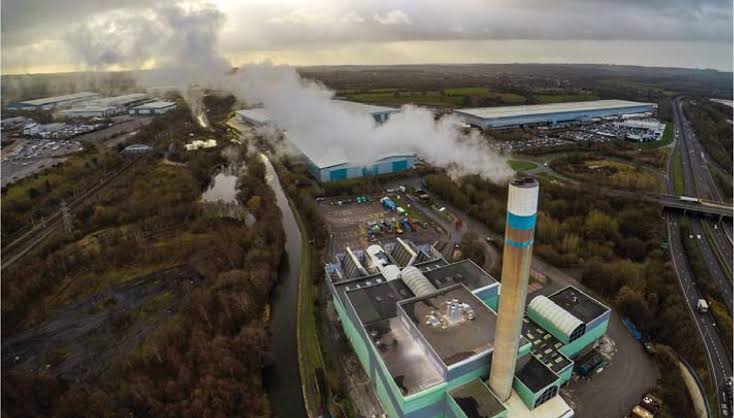




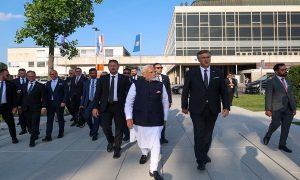



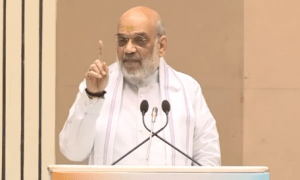



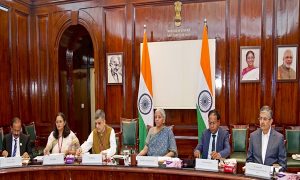

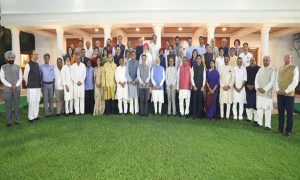





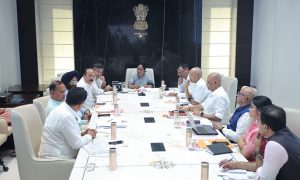





 WhatsApp us
WhatsApp us